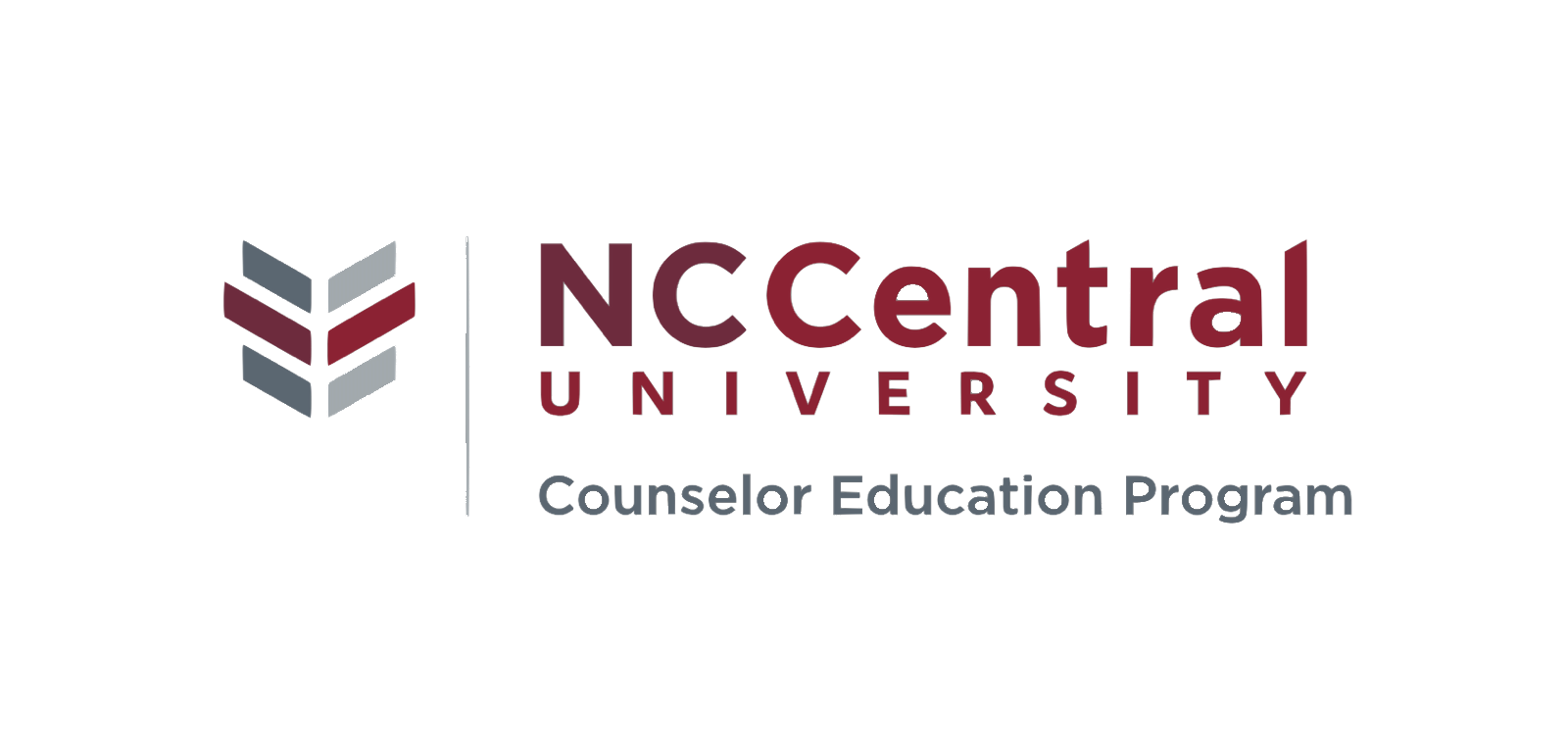Don't forget that your hours in the fall must be obtained during the semester dates. You can not begin your fall placement before August 24, 2020 - and you must conclude your hours by November 24, 2020.
Students should follow all directives issued by their placement sites, local municipalities, counties, or states regarding face coverings, social distancing, staying at home, sheltering, or quarantining. Although students may not be physically present at their placement site, they may continue to accrue direct and indirect hours.
The following statements were approved by the Counselor Education faculty:
- If telehealth methods are used at a placement site, the NCCU Counselor Education Program will allow students to participate in telehealth activities, with appropriate continuing education (training) related to telehealth practices. The education/training should be a minimum of 6 clock hours, and the student should be able to provide documentation, certificate, or attestation of the training. The training should be from an acceptable mental health organization. In addition, the student must be aware of the American Counseling Association’s Code of Ethics related to distance counseling/telehealth.
- Acceptable telehealth methods were defined by the faculty as synchronous (i.e., live) interactions using either video and/or audio technology. Audio-only technology includes telephone use.
- All documentation regarding the training should be sent to the university supervisor.
- Suggestions for specific trainings or providers for training will be posted on the NCCU Counseling website.
Per CACREP’s guidelines, the NCCU Counselor Education Program will allow students to “rollover” hours completed in a previous clinical placement (Practicum or Internship). The hours that could be rolled-over would consist of hours completed that would have exceeded the hours required for the previous clinical experience. For example, the Practicum requires 100 hours in the field. If a student previously documented 150 hours in Practicum, for example, the student would be able to roll-over 50 hours (the excess left after 100 hours completed).
- Hours rolled-over in an internship situation (a previous 300-hour internship into a second 300-hour internship) would need to have occurred in the track for which they are currently placed. For example, a student who completed 350 hours in a school placement could roll-over 50 hours into a second school placement. However, if the previous placement was in a mental health placement, the 50 hours would not roll-over into a school placement.
- Students carrying Incompletes from spring placements will carry over hours already submitted and will continue fall placement if possible.
- Fall Internships are advised to be for 300 as opposed to 600 total hours to provide flexibility for alternate ways of accumulating direct service hours with clients.
Please be assured that your safety and your education have been our primary focus. It is not easy making decisions like this, but we have made our best efforts to develop plans that (as much as possible) are safe, fair, and maintain the standards set for training.



